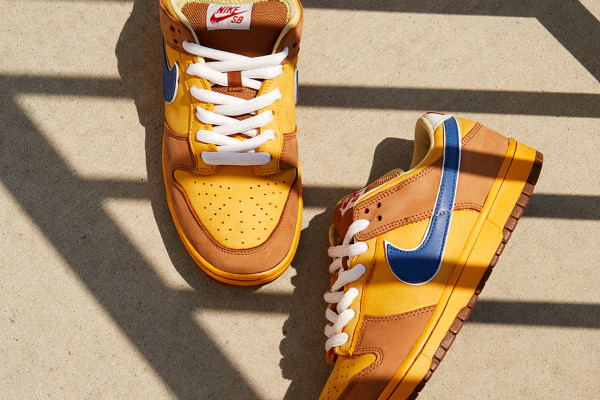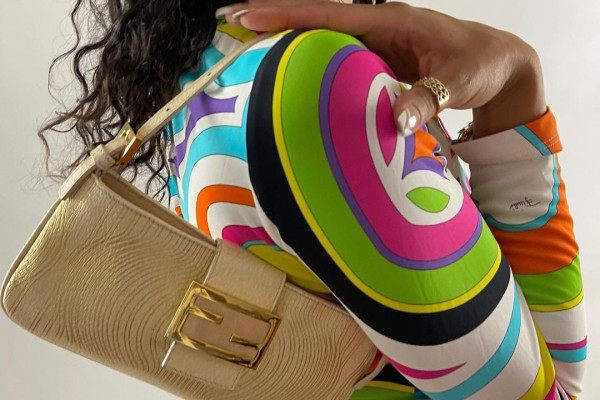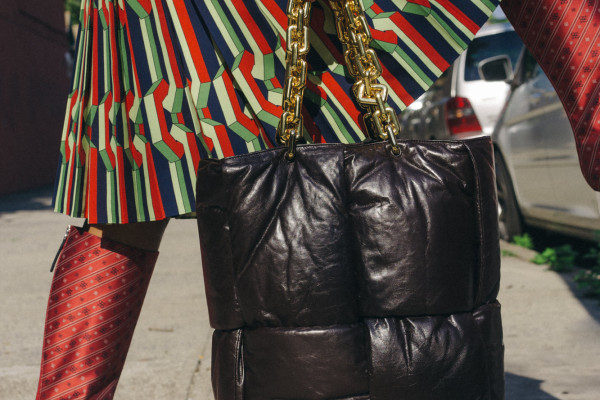It's widely known that the fashion industry is one of the biggest polluters on the planet. The resale of unused luxury products has been a pressing topic since 2018. Platforms such as TheRealReal build a virtual community that provides fashion enthusiasts with the opportunity to exchange their unused designer belongings.
The price of a new designer bag is not accessible for all the brand fans, which is why a part of them choose to buy a fake instead. Buying an authentic pre-owned product practically ensures the longevity of the brand’s products, which makes a positive impact both on the environment, and the brand’s reputation.
Stella McCartney is partnering with TheRealReal – she gives her clients who send their unused Stella McCartney products a $100 voucher. She believes that resale can make a tangible difference in our efforts to limit the number of raw materials we extract from the Earth each year. Through these actions, she has discovered her way of encouraging clients to be more conscious consumers.
The Patagonia brand created its own resale platform to increase the longevity of their products and make them more accessible for people of different socio-economic backgrounds. This trend doesn’t just aid circular economy by offering a more ecological option for consumers, but also offers a wider price range for high-value products. Additionally, it indirectly sways clients away from buying fake goods.
The ‘green’ idea is a leading concept in the fashion industry currently, hence the companies aim to use innovatory tactics to achieve that goal. Through this mechanism clients are encouraged to learn how to practice more responsible consumption.
The UN’s initiative for ethical fashion connects marginalised craftsman’s communities from all around the world with famous brands. The products made by these collaborations have messages on their labels, such as: ‘Made with love in Kenya with the support of the UN’s ethical fashion project.’ Aside from the social impact, this project transforms the fashion industry into something more personal.
Choosing a brand that stands behind the principles of ecological sustainability is how consumers can use their voice to contribute to building a more ethical industry. With their help, and thanks to the legislative protection of intellectual rights, technology, and the proper marketing tools, the fake goods industry is being seriously challenged.


